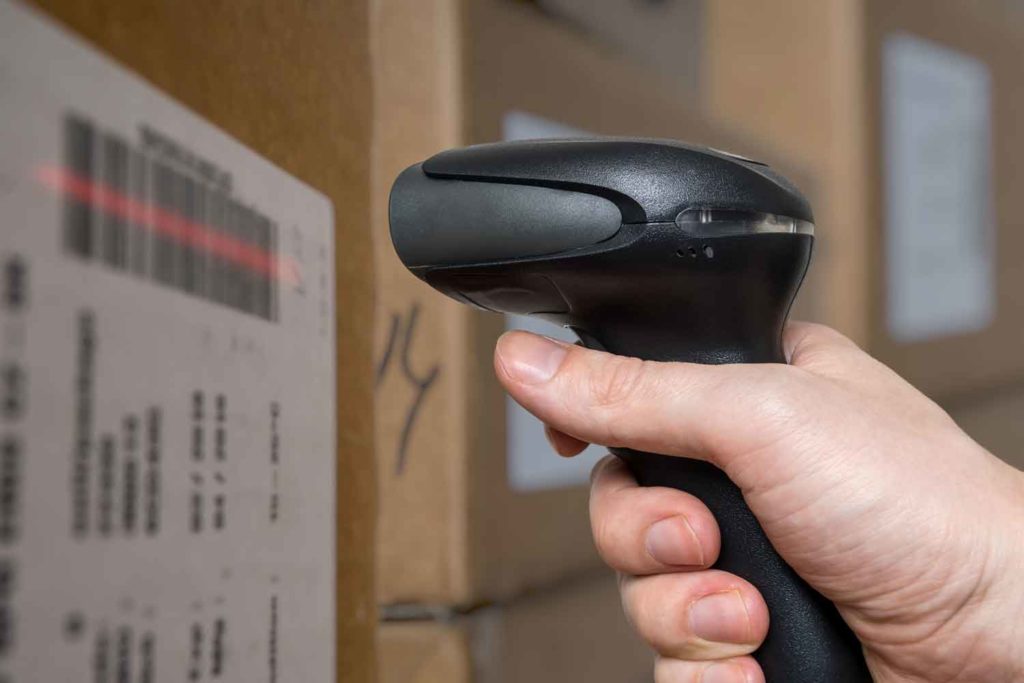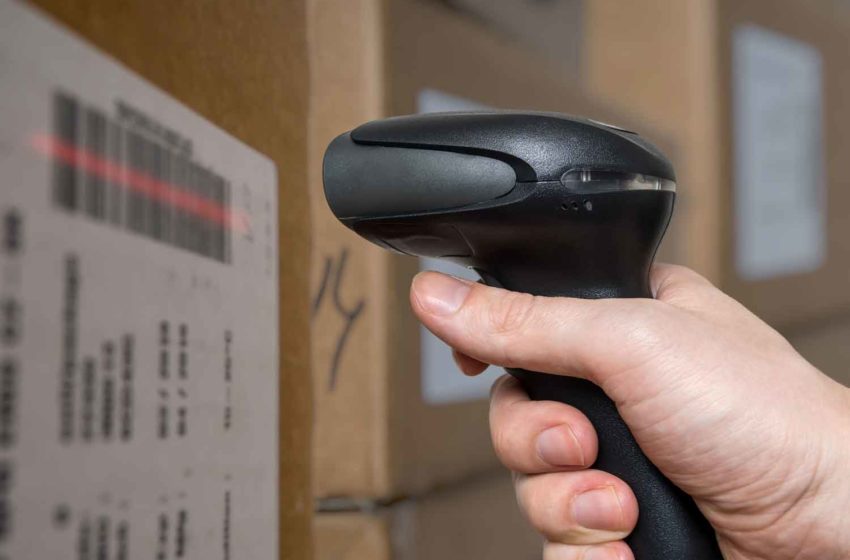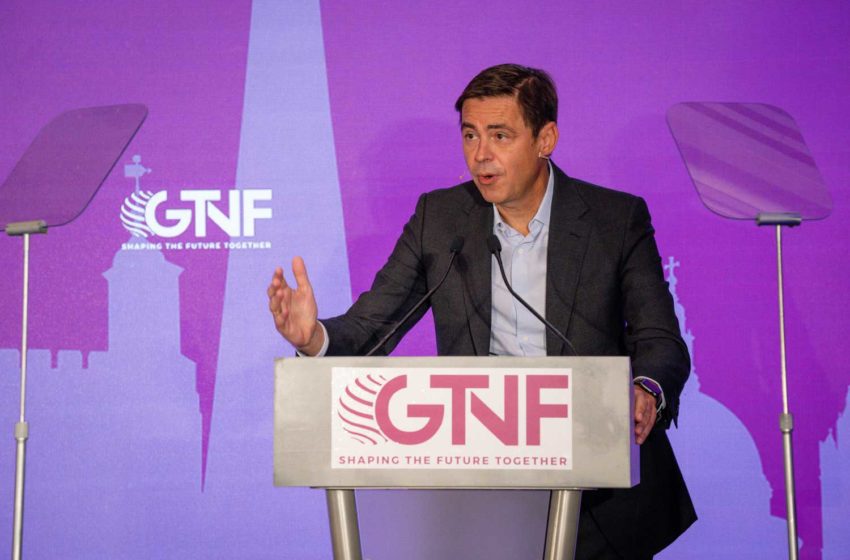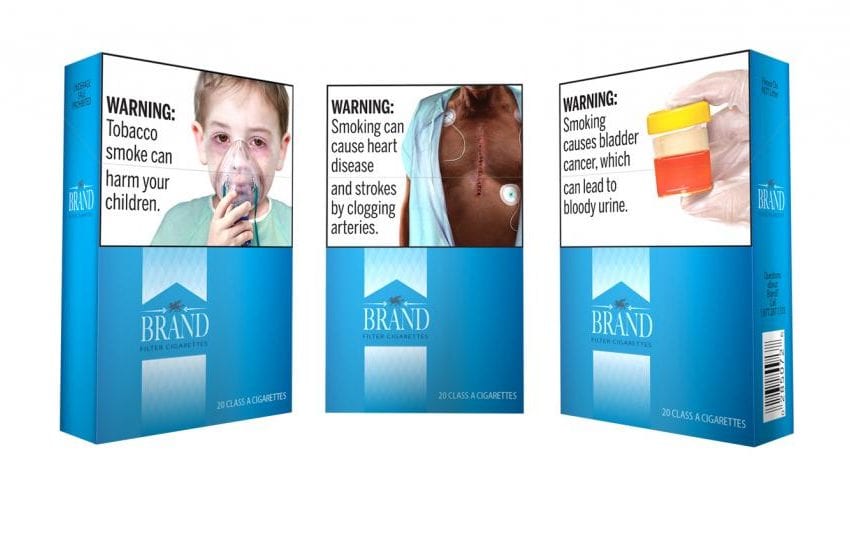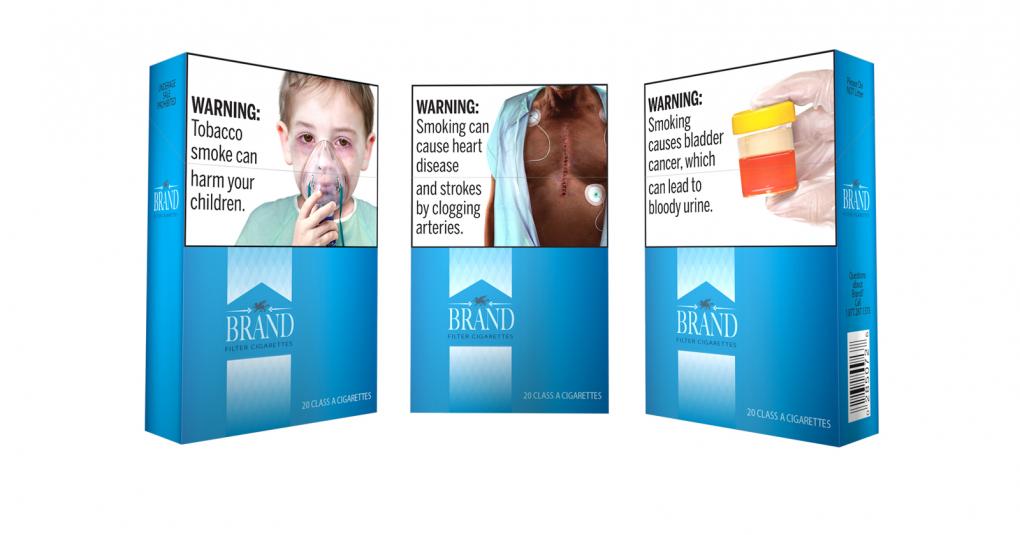Imperial Brands reported net revenue of £32.55 billion ($38.93 billion) for its fiscal year 2022, which ended Sept. 30. The figure was down 0.7 percent from 2021. Operating profit declined 14.7 percent to £2.68 billion. On an adjusted basis, net revenue was up 2.7 percent to £7.79 billion while operating profit increased 3.5 percent to £3.69 billion.
Imperial Brands insisted its five-year strategy is on track and delivering improved operational performance. The company’s aggregate market share in its top-five combustible markets was up 35 base points, reflecting Imperial’s first annual share gain in more than five years. Net revenue from next-generation products was up 11 percent driven by market launches in all categories. The company also reported increased shareholder returns with 1.5 percent growth in dividend enhanced by an ongoing £1 billion share buyback.
“In line with our five-year strategy, increased investment and a more consumer-centric approach have improved delivery in both our priority combustible markets and our next-generation product operations,” said Imperial Brands CEO Stefan Bomhard in a statement. “At the same time, disciplined capital allocation has strengthened our balance sheet to reach our target leverage. This has enabled us to enhance shareholder returns through an ongoing share buyback program alongside a progressive dividend.
“In tobacco, a sharper focus on brand building and sales execution has supported aggregate market share gains in our top five priority markets. Price mix improved in the second half, helping to offset the anticipated acceleration in volume declines, which occurred as borders reopened, prompting a return to pre-Covid buying patterns.
“In NGP, successful consumer trials have validated our approach, and we are now stepping up investment in new product and market launches across all three product categories. Our heated-tobacco proposition, Pulze and iD, continued to perform well in our pilot markets of Czech Republic and Greece, and we have recently launched in Portugal, Hungary and Italy, the largest European market for this category. Following the successful French trial of our new vapor device, Blu 2.0, we have now launched in the U.K. In modern oral, we expanded our range of flavors for Zone X in key markets and successfully introduced the Zone X format into Norway.
“Looking ahead, we are well positioned to deliver against the next phase of our five-year strategy. The additional investment and the actions we have taken during the initial two-year strengthening phase have built stronger foundations as we face into a more challenging macroeconomic environment. We are well placed to build on our track record of delivery over the next three years, improving returns and creating sustainable growth in shareholder value.”
